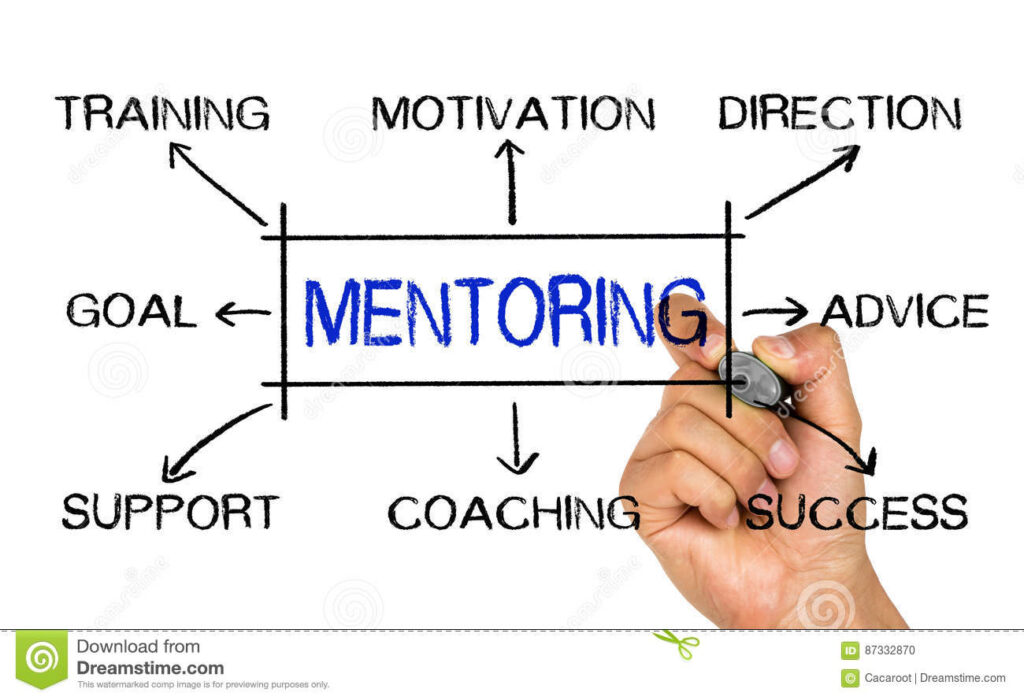
Can a brilliant career just happen? What are the measures that one uses to reflect on a career and say ‘I’ve enjoyed that experience’, ‘I made/lived/modelled a life to be proud of.
In teaching, I have had the privilege to see a few great careers lived by some wonderful, passionate and creative individuals. People who each day faced challenges and disruptions to their professions, yet still delivered exceptional teaching to those students in their care and those colleagues that they worked with. How can it be that some embrace the day and others arrive to work already defeated by the assumption of what’s to come, which in turn becomes the reality?
Teaching is not a traineeship or apprenticeship – first day comes and the expectation that new teachers can deliver and perform with those of us in this profession for 20, 30 years experience. New teachers are usually the ones that take on challenging assignments – debating, sports coaching, extra-curricular activities eager to prove their merit and their justification for being employed.
It amazes me then when a new member of staff, who has not long completed study and landed their first job leaves the position just after a year of starting. I’m not so much surprised by that, but by the attitude of established staff – ‘I knew they wouldn’t last…’, ‘they didn’t have what it takes’…, ‘didn’t seem that their heart was in it…’.
We assume that when someone starts a new position that they should be up to the task, however, how much thought do we give to mentoring?
Mentoring is distinct from induction and coaching. Induction outlines the policies and processes while coaching enables a specific skill to be developed under the guidance and direction, mentoring, however, is a holistic learning partnership between a trusted and respected role model and another willing to learn – a sharing of wisdom that can make for an outstanding career.
My first mentor was my father. I learnt my values, morals, work ethic and how to relate to others from him. If my father didn’t know something, he asked someone – there was no shame in asking for assistance. He would repay this assistance, showing gratitude – my father was a keen gardener and would often repay with a box of home grown tomatoes or bottles of tomato sauce. He taught me that gratitude was an important aspect of being. As I progressed through my life, both career and personal, my father’s influence, that was embedded into my core, would influence how I interacted and related to those around me. My father’s mentorship was the first of many mentors that I would engage with – influential individuals whose way of ‘being’ I admired and learnt from.
Mentoring is:
- Ongoing relationship without an end date
- A relationship built on trust
- An approach that takes a broader view of the individual
- A sharing of experience and perspectives offering bespoke support
- Focused on Career and personal development
- A measure of accountability for the Mentee.
The benefits for any organisation that invests in quality mentoring for its employees cannot be understated:
- greater employee satisfaction,
- greater employee retention
- improved staff well being.
Mentors may offer their time for altruistic purposes – to give back, however there are many benefits for the mentor as well. The power of mentoring extends to both sides of the relationship:
- The opportunity to positively impact on another’s career
- Enhanced interpersonal and management skills
- Reinforced current practice
- Self reflection
In an age where mental health is of paramount concern, retention rates in teaching are declining, job satisfaction is low and positive student outcomes are in question can we afford to not look after our younger colleagues?
Image: https://www.dreamstime.com/stock-photo-mentoring-concept-flowchart-handwritten-white-background-image87332870
Maria Pedavoli